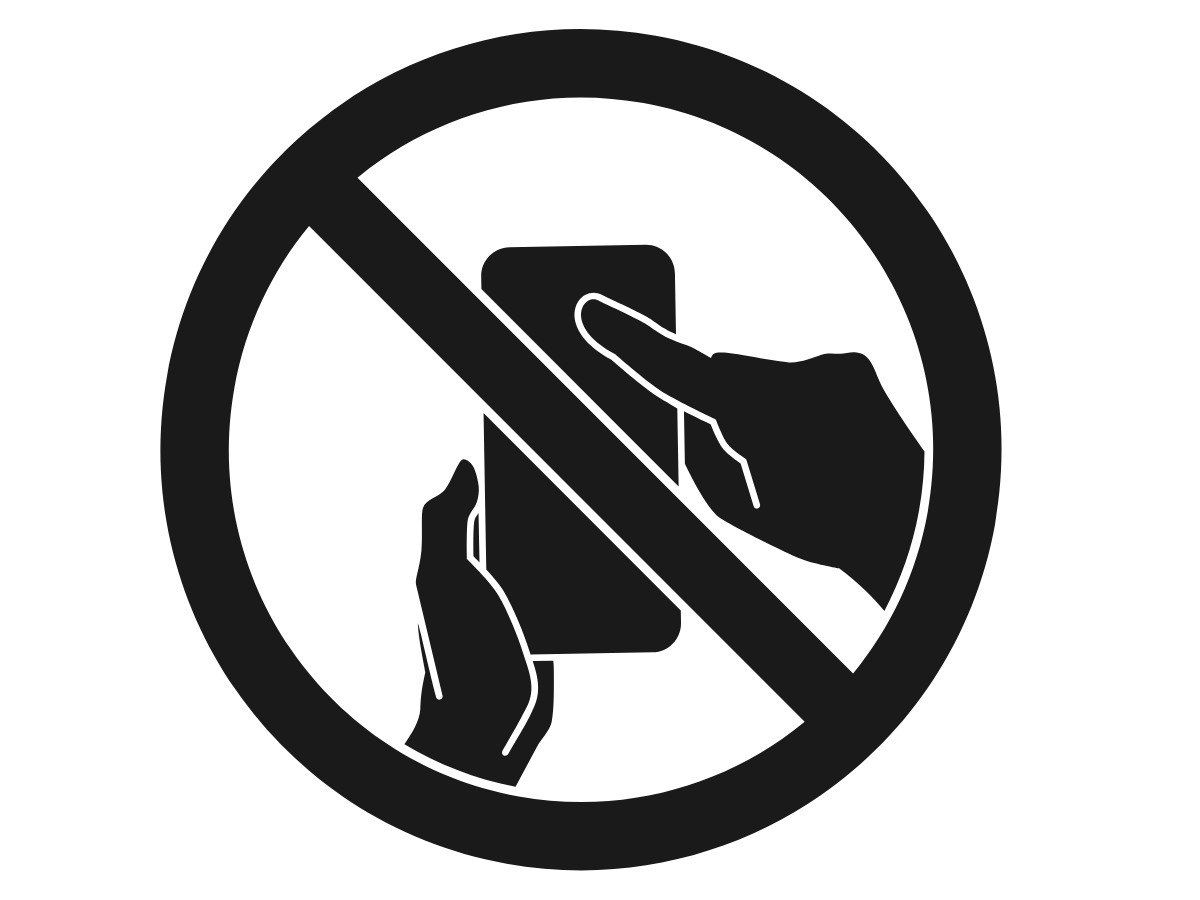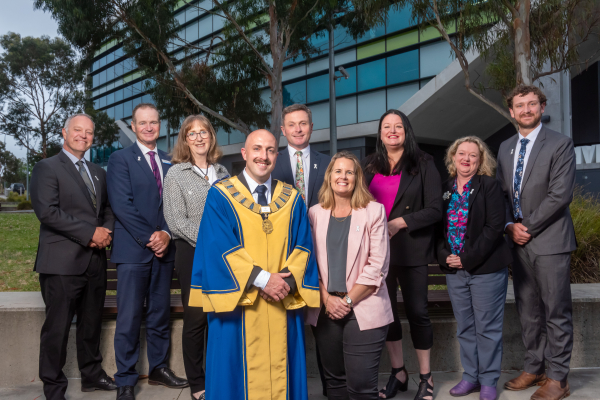New laws to protect Aboriginal cultural heritage are a step closer to coming into effect following today’s launch of a co-design process for the regulations and guiding documents that will underpin the new legislation.
Aboriginal Affairs Minister Tony Buti launched the co-design framework today, marking the final process before the new Aboriginal Cultural Heritage Act 2021 officially replaces the old legislation.
Key enablers of the reformed legislative framework will include the regulations and other supporting documents.
The co-design process ensures a collaborative approach to developing the regulations, documents, systems and processes that will support operations of the new Act.
The newly-established Aboriginal Cultural Heritage Reference Group, comprising of Aboriginal community, industry and government representatives, will oversee the co-design process.
Co-design is a collaborative approach focused on finding common ground, respecting the expertise of all participants and creating an environment that allows all participants to shape and influence the final product.
The role of the reference group is to ensure the co-design process is delivered in an inclusive and culturally-appropriate manner.
The process will be informed by three phases of public engagement, with the first phase kicking off during April. This first phase will include workshops in regional areas across the State, subject to the latest health advice.
The Aboriginal Cultural Heritage Act 2021 introduces key reforms such as mandating informed consent, recognising intangible heritage and scrapping the controversial Section 18 approvals process.
As stated by Aboriginal Affairs Minister Dr Tony Buti:
“The new Aboriginal Cultural Heritage Act 2021 is a very significant reform, but the regulations that determine how the Act operates are just as important.
“Through the co-design approach, we can be confident that the future operation of the Act has been informed by the expertise and knowledge of all who have a role to play in protecting and managing Aboriginal cultural heritage from every corner of our State.
“The Act empowers Aboriginal people to negotiate agreements with land users as to how their cultural heritage will be protected and managed.
“The key enablers of this more contemporary legislative framework will be the regulations and other supporting documents that we begin co-designing today.”








